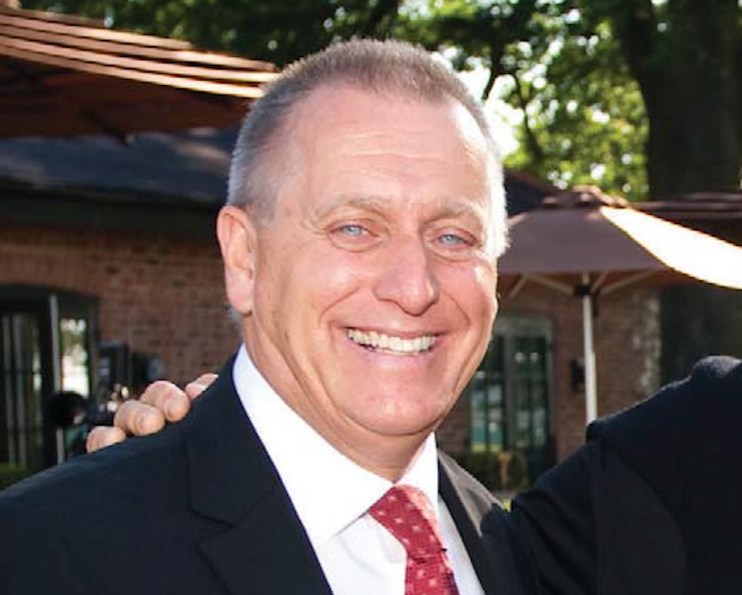Luxury resort developer jailed for 12 years over £226m fraud

A “thrice bankrupt fraudster”, who lost investors almost £400m through a “fatally flawed” Caribbean property scheme, was jailed at Southwark Crown Court today.
David Ames, 70, a former double-glazing seller from Essex, was sentenced to 12 years in prison today, after being convicted of defrauding investors of £226m.
Ames’ Harlequin property development company collapsed in 2013 losing thousands of inexperienced investors total sums of £398m.
Judge Christopher Hehir sentenced Ames to a total of 12 years in jail, including two consecutive sentences of nine years and three years, for operating what became a “gigantic ponzi scheme”.
“You are a menace to anybody unfortunate enough to do business with you,” the judge said as he banned Ames from acting as a company director for 15 years.
Harlequin used a pyramid-like structure to sell shares in off-plan holiday homes at resorts in the Caribbean via a scheme that lured investors in with the offer of rental returns.
Ames was convicted of defrauding Harlequin’s investors of £226m in August after the UK’s Serious Fraud Office (SFO) launched a formal investigation into the firm’s activities in 2010.
Harlequin used endorsements from Caribbean politicians, celebrity sportsmen, and Liverpool F.C. to sell thousands of never-built properties.
Ames used a box at Wembley to entertain clients as he used “sophisticated marketing materials” with endorsements from golfer Gary Player and Wimbledon champion Pat Cash to convince investors to part with their funds.
The charismatic salesman used a network of thousands of intermediary sales agents, paid via commission, to sell 8,211 units across eight resorts in Brazil, Barbados, St Lucia, the Dominican Republic, and St Vincent & the Grenadines.

Ames began channeling funds from Harlequin into accounts in the Cayman Islands in 2010. In 2011, after Ames was advised Harlequin may be trading while insolvent, the businessman continued selling holiday homes, actually increasing his sales in the final years of the scheme.
The scheme, which saw investors pay 30 per cent deposits on apartments and cabanas at various resorts, created a £1.2bn shortfall, as Ames failed to secure any outside investment, forcing him to rely entirely on investors’ funds to build the resorts.
All in all, more than 99 per cent of investors lost money as just 176 units, all at Buccament Bay, were ever built. Only 28 investors ever completed purchases of fully-built properties at Harlequin’s resorts.
The “slick” salesman, who portrayed himself as a “visionary,” pursued various vanity projects, including a never completed Harlequin airline to ferry guests to and from resorts.
Members of Ames’ family were paid up to £10,000 a week for jobs at Harlequin as the businessman purchased a series of increasingly large houses in Essex, while paying a chauffeur a salary of £30,000 a year.
In victim impact statements submitted to the court, Harlequin’s investors said they ploughed their pensions and life savings into various developments throughout South America and the Caribbean.
Multiple victims said the losses caused severe financial hardship that caused their physical and mental health to deteriorate.
Ames set up Harlequin in the financial year 2005/06, in paying vast sums of money for a flood-prone plot of land in St Vincent & the Grenadines.
The businessman ploughed investors’ funds into building the Buccament Bay beachside resort after striking a bargain deal with fraudulent Irish builders, who had recently completed a reconstruction contract in Iraq.
The Irish builders went on to use funds from Harlequin to enjoy lavish lifestyles in the former British colony whilst working to realise Ames’ plans for the Buccament Bay resort.
Two builders subsequently died when flash-flooding hit the doomed development being built on the island known for its tropical storms.
Harlequin’s accountant, Wilkins Kennedy, was previously ruled to have acted negligently, by failing to inform his client of the builders’ fraud.